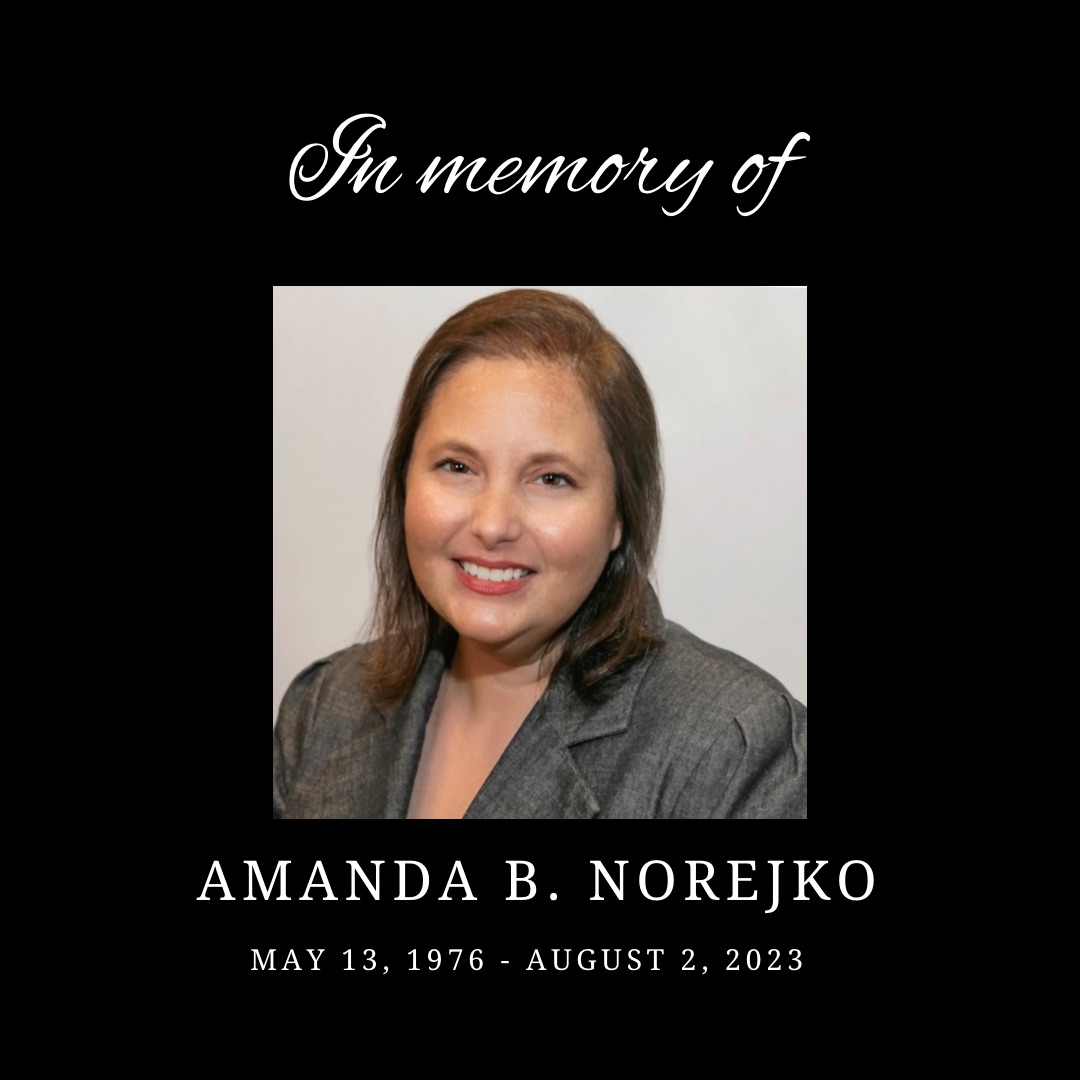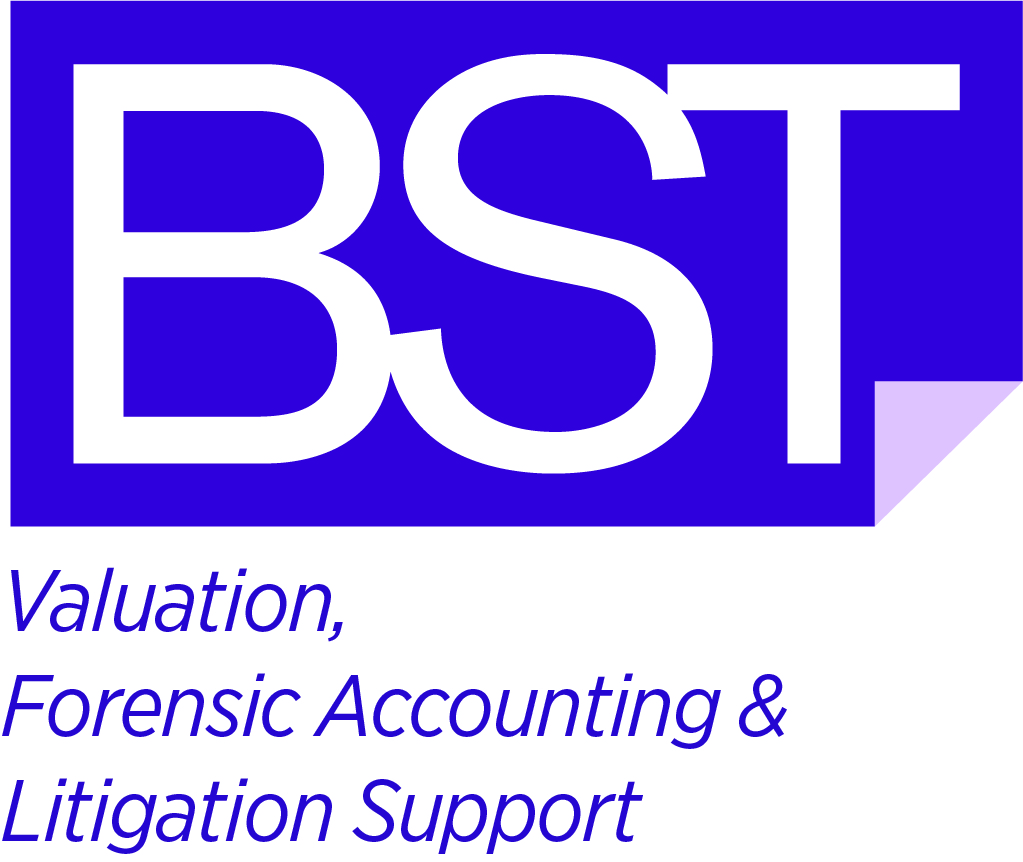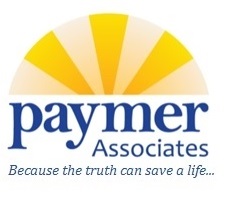President’s Message
JUNE 2024
 I am honored and excited to have been elected President, as the New York Women’s Bar Association begins its 90th year. This Association has been there for women beginning when women did not have the opportunities that are available to so many of us today. But we cannot rest on what we have accomplished as those hard-won rights are still at risk. We must continue to push for our rights and those of the generations of women to come.
I am honored and excited to have been elected President, as the New York Women’s Bar Association begins its 90th year. This Association has been there for women beginning when women did not have the opportunities that are available to so many of us today. But we cannot rest on what we have accomplished as those hard-won rights are still at risk. We must continue to push for our rights and those of the generations of women to come.
One key issue for New York State this year is the State’s Equal Rights Amendment, which was to be on the ballot this coming November. If passed, the ERA would be added to the State’s constitution and provide extra protection to women’s rights in New York State. As this goes to press, a court in upstate New York has kicked it off the ballot, but the State Attorney General Letitia James has appealed the ruling. This is an election year, and I urge all our members to go out and vote.
Having served as a co-chair of several of our committees – and having gotten active in the Association initially after attending a meeting of the Solo and Small Law Firm Committee – I know the importance of the work of the committees and how they are the means through which many of our members become active and engaged in the Association. I intend to work with the Committee co-Chairs to ensure that each Committee has meaningful and engaging activities and CLEs in the coming year. Given the times we live in, and attempts – some unfortunately successful – to undo the strides women, minorities and the LGBQT+ communities have made, the work of our Reproductive Rights & Women’s Health Committee led by Meaghan E. Carey, Alexandra King and Lydia Devine, our Diversity and Equity & Inclusion Committee led by Ernestine J. Mings, Crystal R. Villaseñor and the Hon. Kathleen C. Waterman-Marshall, and our LGBT Committee led by Claire Mooney, will be particularly critical this year. I also want to see this Association continue to mentor the next generation, and I look forward to the work of the Mentoring Committee. To collaborate with or join any of these – or any of our other wonderful – Committees, please email the co-Chairs (all emails are on the NYWBA website). I want to see all the Committees con-tinue their crucial work.
One last committee that I must mention is the Newsletter Committee led by Olivia Sohmer and Isiris Issac. They have been doing a fantastic job but they depend on you – our members – to provide articles and other items of interest to be included in the monthly newsletter. Please submit your articles to newsletter@nywba.org.
I would be remiss if I did not mention in my first President’s message one of our former Presidents who we lost last year, Amanda B. Norejko. I met Amanda when we were co-chairs of the Judiciary Committee, and she was always the hardest working person in the room – and a light for all of us to follow. She also served two terms as president, leading this Association through the early days of the pandemic. I am pleased to announce that the NYWBA website now has a Memorial Page dedicated to Amanda. I encourage all of our members to visit it.
I want to thank our outgoing President, Sabrina E. Morrissey, for the wonderful work she did this past year as well as all our Officers and Directors. This past year has seen some exciting and informative pro-grams and CLEs and this coming year we will continue that tradition.
I also want to remind everyone that we do not stop just because it is the summer. On June 18, 2024 at 6 p.m. the Matrimonial and Family Law Committee, led by the Hon. Ariel D. Chesler, Anita Rojas Carroll, Olivia Lee, and Ashley Mullin, will be putting on a program on Art Valuations in Divorce Actions. On July 16, 2024 from 6-8 p.m., we will once again co-sponsor with the New York City Bar the program that NYWBA created: the annual Martha (Meg) E. Gifford Summer Program – “What It’s REALLY Like to Practice Law as a Woman.” We will have a distinguished panel who will provide insights into this important topic to both law students and junior attorneys. My thanks go to the organizers of this wonderful event, the Hon. Lisa A. Sokoloff, Crystal Villaseñor, Melissa G. Glassman and Ernestine Mings. Please come and join us and encourage the young associates that you know – and law students as well – to attend.
Congratulations to our past President, the Hon. Lisa A. Sokoloff, who was presented with the Ruth Bader Ginsburg Memorial Award this year at the Jewish Lawyer’s Guild Annual Gala on April 10, 2024. Further congratulations to past President Magnolia D. Levy, who was elevated to be co-President of the Lawyers Division of the Judges & Lawyers Breast Cancer Alert (JALBCA).
As a reminder, the NYWBA membership year begins on June 1, 2024. I encourage all members to renew early. And for those not yet members, please help us continue to grow and help advance the status of women in the legal profession by joining this year. There are so many benefits to membership, including the great women – and men – you will meet and the free CLEs, some of which were listed above.
Finally, I want to thank everyone who worked so hard in planning our Annual Installation and Awards Gala on June 11, 2024 at Tribeca 360˚. We will be honoring the Hon. Dianne T. Renwick with the President’s Special Award and the Center for Reproductive Rights with the Florence E. Allen Award.
I am so looking forward to the coming year and working with the NYWBA Officers, Directors, Committee Chairs, WBASNY Delegates and our wonderful members.
Jocelyn Jacobson

















